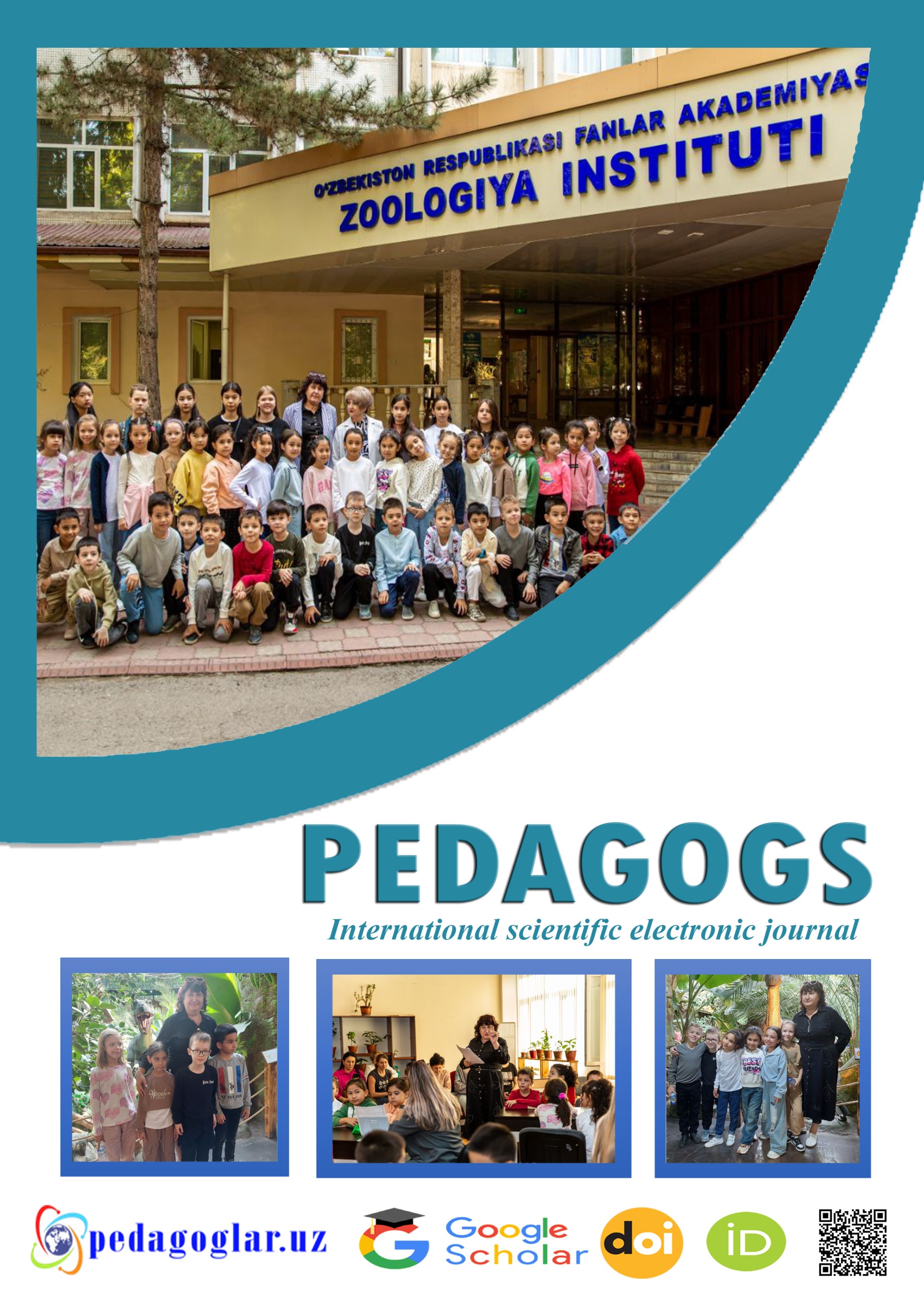TRANSLATION PECULIARITIES OF POLITICAL TEXTS
Ключевые слова:
Key words: translation, political discourse, linguistic nuances, ambiguity.Аннотация
Annotation: This article explores the unique challenges and strategies involved in translating political texts, which are characterized by their specific linguistic, cultural, and contextual nuances. Political discourse often employs specialized terminology, rhetorical devices, and ideological constructs that require careful consideration during translation. The study examines the interplay between language and politics, highlighting how translation can influence political narratives and public perception. Through a comparative analysis of various political documents, speeches, and treaties, the article identifies key translation techniques and discusses the role of the translator as both a linguistic mediator and a cultural interpreter. The findings underscore the importance of cultural awareness and contextual sensitivity in achieving effective communication across languages in the political sphere.
Библиографические ссылки
1. Bassnett, S. (2014). Translation Studies (4th ed.). Routledge.
2. Baker, M. (2018). In Other Words: A Coursebook on Translation (3rd ed.). Routledge.
3. Bielsa, E., & Hughes, C. (2009). Globalization, Political Violence and Translation. Palgrave Macmillan.
4. Hatim, B., & Mason, I. (1997). The Translator as Communicator. Routledge.
5. Newmark, P. (1988). A Textbook of Translation. Prentice Hall.
6. Schäffner, C. (1997). "Strategies of Translating Political Texts." In Trosborg, A. (Ed.), Text Typology and Translation. John Benjamins.
7. Venuti, L. (1995). The Translator's Invisibility: A History of Translation. Routledge.

